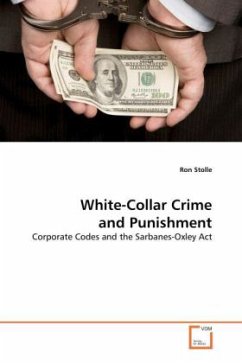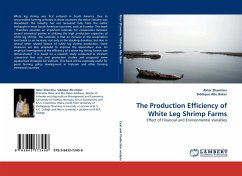Reflecting public outrage over massive corporate scandals, Congress quickly enacted comprehensive business reform measures known as the Sarbanes-Oxley Act (SOX). While the business community focused on SOX's reporting and control requirements, often over- looked were SOX's harsh punishments imposed for white-collar crime. Congress rejected the long- practiced approach of lenient treatment of the perpetrators of occupational crimes, opting for the concept that severe penalties can effectively deter criminal behavior. Despite federal regulations that now require organizations to develop and promote corporate cultures of ethical conduct and legal compliance, a study of the corporate codes of conduct of America's largest companies reveals that the business community has failed to use punishment as a deterrent. Failure to provide unambiguous consequences for illegal behavior is perceived by organizational members as tacit approval of their misconduct. Corporations have spent millions complying with SOX's reporting measures, but are not implementing measures that could avoid future costly scandals.
Bitte wählen Sie Ihr Anliegen aus.
Rechnungen
Retourenschein anfordern
Bestellstatus
Storno








